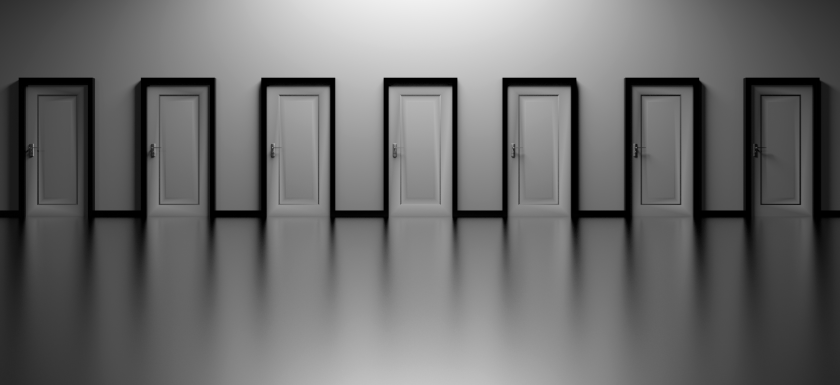How Understanding That All Concepts Are Lenses, Helps Us Both Justify and Make the Most of Morality
In this post, we will look how concepts are actually lenses, and how this helps us better understand morality. Part of the case will include how concepts are specific sets of criteria that narrow options down, and make it possible for us to observe, understand, and act with better precision. We will also cover what the largely unrecognized function of using lenses for decision-making is about, and why morality is justified on a basis that draws from concepts being lenses. In addition, justification for Sam Harris’* Moral Landscape position about thriving being morally good will be presented, along with lens-based insight on how thriving helpsRead More →


